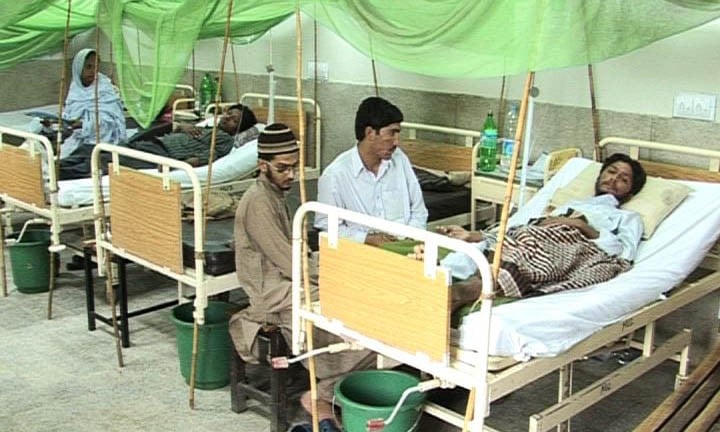

2016 has helped all of us grow up, and wake up, a little more. As we get older, we deal with the life -- and limits of our ideals and political beliefs. In that respect, 2016 has been particularly jarring.
This year saw the rise, and triumph, of parties and individuals in the UK and the US who are diametrically opposed to an inclusive and tolerant world.
Nationalism is in vogue again, even if accompanied by xenophobia. It is an ideal with enormous appeal but limited benefits -- yet it can create unlimited damage.
Another thing in vogue is the qualifying of rights and how you can get away with it. People can now comfortably say that they ‘believe in human rights but’…. an increasing number are comfortable with limiting rights.
Our world will continue to become inward looking for the foreseeable future. Even if liberals win back power in the US, the world will not change dramatically. It is characterised by increasing amount of suspicion, flowing from jostling for economic power. This is not likely to change.
Economic interests and considerations trump concern for human rights -- this is tragic and should be recognised as such.
Whenever another species writes the history of the human race, it will be impossible not to comment on the fact that we refuse to grant people access to healthcare and education only because they lack money. Money is power in today’s world but old rivalries where the aim is to spill blood remain alive.
South Asia remains mired in chasing ghosts of the past -- seeing things across the border as worthy of involvement but ignoring gross atrocities within our borders. The world and South Asia are increasingly unequal every day -- the rich have a disproportionate amount of wealth and control of resources. The least that we can do at home is uplift the quality of life of the most vulnerable.
Pakistan must spend more on healthcare and education. Not in the way of paying big advertising bills but ensuring that help reaches those who need it the most. As I have written in this space before, the rich and powerful in Pakistan have an existence that does not need the support of the state for the most part.
And while this will work most days for the rich, they must not forget that the lack of state oversight over areas such as healthcare, education and even security is eventually going to hurt them.
Take private medical facilities for instance. They are, for the most part, atrociously bad. I am not even using the strongest words. Money is power in most situations in Pakistan but when you are faced with incompetence in healthcare there is little that money can do. Many private health facilities in Pakistan, and in Punjab, admit patients while exposing outdoor patients to the same wards. I myself have visited two clinics in Lahore in the past week where the doctors saw patients on appointment -- yet you had to walk through an area where people were ‘admitted’ for treatment. This has to pose health hazards. The absence of state regulation, or its failure, in these areas is costing people their very lives.
The other thing this country need is stricter regulation of, and punishment for, medical negligence. "This was the will of God" has allowed thousands of negligent doctors to continue practicing and get away with actions that merit serious investigation and possibly stringent punishment.
Regardless of the amount of money that you have in this country, your worst fear has to be about falling sick. Once you fall sick, all bets are off. You do not know what kind of doctor you will end up with -- and if your ‘family physician’ is away on a break then you are pretty much just playing the odds.
Many things, particularly dealing with post-operative care, conveniently occur to doctors after the damage has been done. There is almost no culture of engaging with patients at a human level. One would think that it would be part of a doctor’s training to understand that s/he will meet people from multiple backgrounds and with multiple backgrounds during the course of a work day. And therefore, as a professional s/he should be prepared to engage with people’s worries and run them through the various possibilities. But how often do we experience this in Pakistan? I am not suggesting that all doctors are horrible at dealing with people -- or engaging with patients’ worries. But most are. The ones whom I would turn to with questions and feel confident about them treating me as a human being are very limited.
If you are reading this piece, you have a life blessed with a lot more than most people in this country. And while we can continue to worry about the larger political ideas shaping the globe, we can perhaps do a lot more to change things for the better around us.
Happy 2017. And if you are not celebrating, I hope you find reason enough to celebrate something soon.